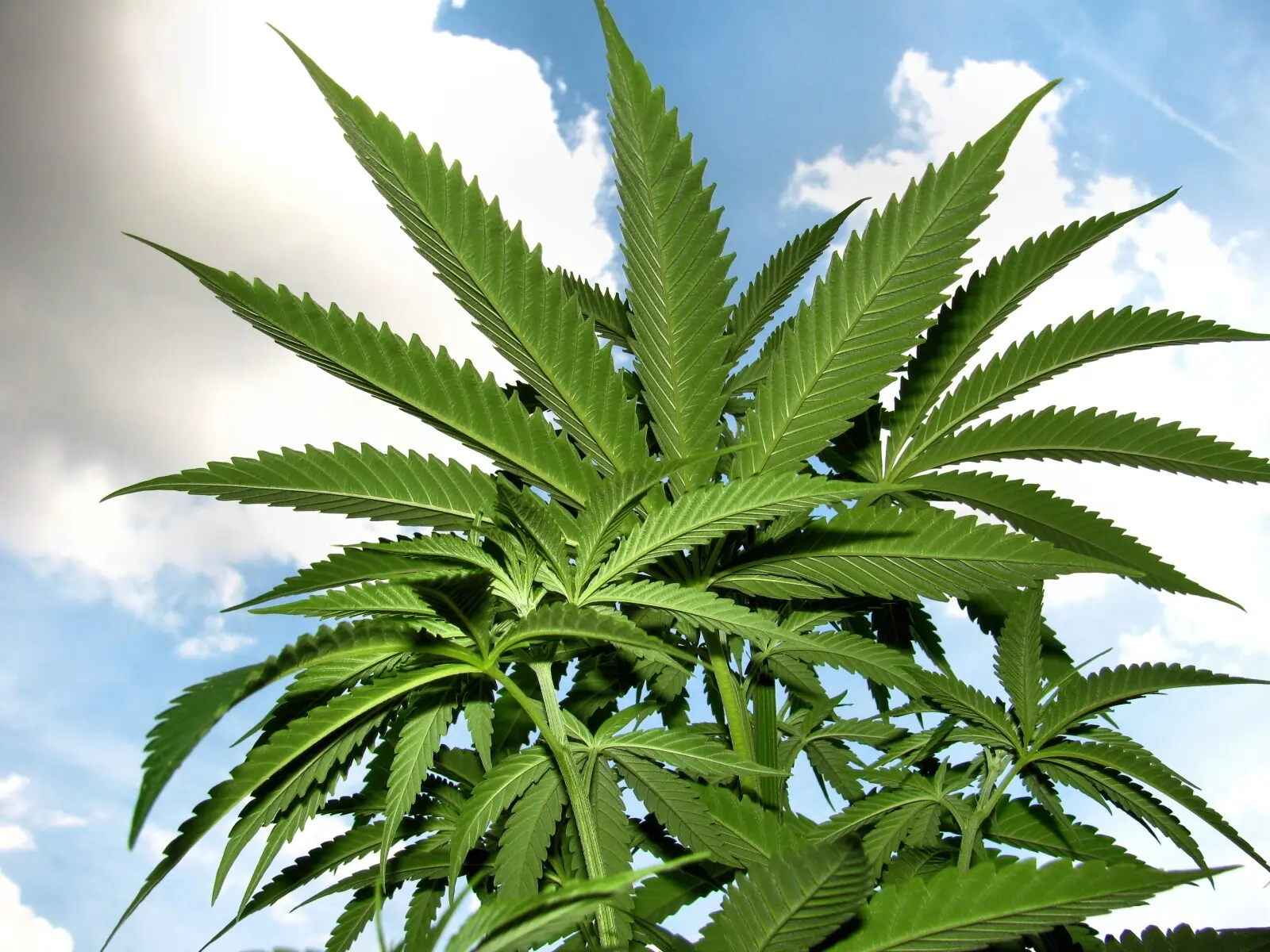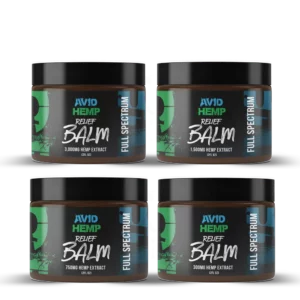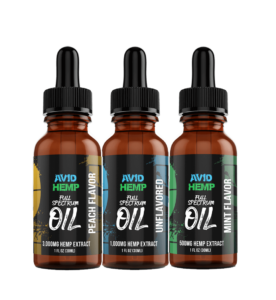Did you know that the cannabis plant naturally produces 80 to 100 cannabinoids? It is also home to around 300 other chemicals, including terpenes and fatty acids.
Yet, most people only know about CBD and THC. CBD, THC, and a compound known as CBN (cannabinol) are the major compounds found in cannabis, so that’s no wonder. But do you understand the difference between CBD vs THC?
CBD and THC are both cannabinoids. CBD stands for cannabidiol, while THC typically stands for delta-9 tetrahydrocannabinol. And this is only the beginning of the differences between the two.
What else do you need to know about these two cannabinoids? We are giving you all the details next, so keep reading this guide for everything you need to know.
What Is CBD?
CBD is the main component of legal hemp. Legal hemp is technically different from cannabis because it contains extremely low levels of THC.
You have probably come across CBD sold in stores near you. CBD is legal in almost all 50 states as long as it contains 0.3% THC or less by volume. You can check out a list of states where CBD is legal.
Types of CBD
There is only one type of cannabidiol in the hemp plant. But manufacturers can put CBD into many different types of products, including:
- Gummy supplements
- Topical gels and lotions
- CBD oil
- CBD extract
- CBD-infused foods and drinks
When shopping for CBD, it is important to understand the distinction between full-spectrum and broad-spectrum products. Full-spectrum products often contain THC, while broad-spectrum products are THC-free. To learn more, check out this CBD buying guide.
What Is THC?
THC is the main component of marijuana, including many medical marijuana strains. Illegal marijuana growers breed their plants to increase levels of this euphoria-inducing cannabinoid.
If you live in a state with legal recreational marijuana use, you have probably come across strains containing this cannabinoid. However, most states have not legalized delta-9 THC for recreational use.
Types of THC
THC can come in just as many different forms as CBD, including extracts, oils, and gummies. But you have to be careful because there are two different types of THC sold on the market today, each with varying legality.
The two different types are delta-8 and delta-9 THC. Delta-9 THC is the type of THC most of us have heard about. Delta-8 THC is a newer cannabinoid that may be legal in your state even if recreational marijuana is not.
CBD vs THC
THC and CBD get their different names from their chemical structures. Though both cannabinoids have the same number of carbon, hydrogen, and oxygen atoms, these atoms are arranged differently.
The different way the atoms are arranged makes these two cannabinoids differently shaped. And the difference in shapes explains why these compounds act dissimilar when you consume them.
What do we mean when we say dissimilar? We are explaining the three biggest differences between these cannabinoids below.
Toxicity
Toxicity refers to a compound’s ability to get you intoxicated. In this case, THC is far more toxic to the brain than CBD. In other words, THC makes users feel “high,” whereas CBD does not cause this effect.
Moreover, some studies have shown that CBD may counteract THC’s toxicity. Using CBD alongside THC makes people feel less high.
By now, you may be wondering: are delta-8 THC and delta-9 THC similar in toxicity? Yes, both compounds will make you feel high. But most people report that delta-8 THC causes a much less robust effect than delta-9.
Benefits
CBD and THC have different medical uses. The most promising medical benefits of THC are for treating pain and low appetite. Meanwhile, the most evidence for CBD’s benefits is for epilepsy and mental health conditions.
The FDA has approved two synthetic forms of THC to treat nausea and vomiting in chemotherapy patients. These drugs are also prescribed to HIV/AIDS patients to treat a condition called wasting.
Though the FDA has not approved any THC products for treating pain, countless studies have shown its benefits for chronic pain.
An FDA-approved seizure medication contains CBD. Doctors prescribe this medication to people suffering from treatment-resistant forms of epilepsy.
CBD is not approved to treat any other conditions. However, strong scientific evidence points to CBD’s benefits for mental health conditions like depression, anxiety, and post-traumatic stress disorder.

Legality
The federal government considers both CBD and THC Schedule I drugs. In some cases, CBD can be a Schedule V drug, but this is only if the product containing the CBD is FDA-approved and has 0.1% THC or less.
In the 37 states where medical marijuana is legal, you can buy CBD without legal restrictions. The same is true of the 19 states where recreational cannabis use is legal.
Outside these regions, it is best to check your state’s laws before buying CBD or other hemp- or cannabis-derived products.
A quick note, though, about drug testing. Drug tests typically test for THC, not CBD. That means you can consume CBD without worrying about failing a drug test as long as the product contains absolutely no THC.
Buy Delta 8 and CBD from SW Distro
When it comes to the difference between CBD vs THC, the #1 thing you need to know is that CBD will not get you high. CBD also enjoys more widespread legality across the US than THC, especially delta-9 THC.
Are you searching for a place to find all your legal CBD and delta-8 THC products? Then, SW Distro is the online shop for you. Shop all our products today to harness the unique benefits of legal hemp!





